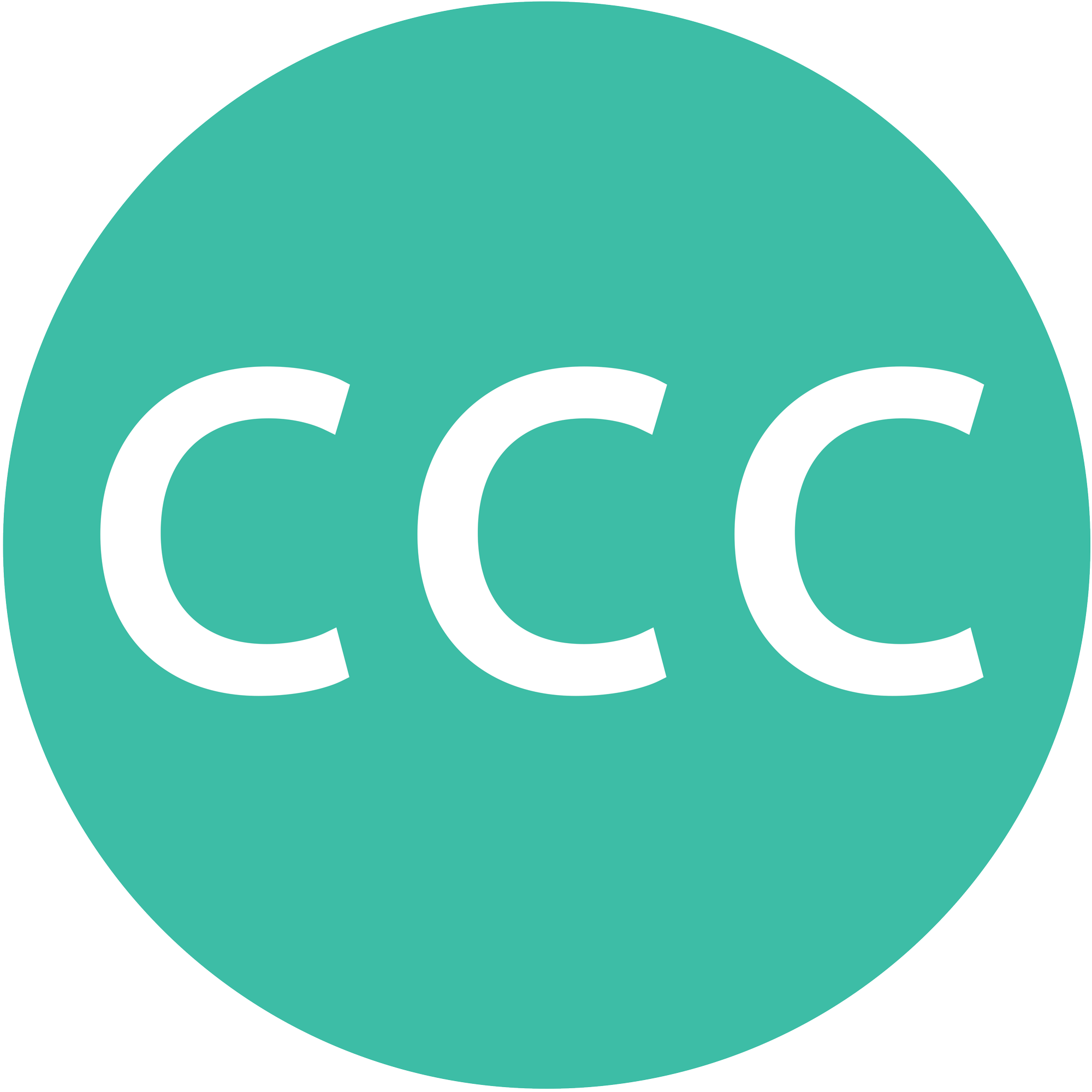“While I was growing up, my father admonished me” is how my last letter to you started–such a brilliant opening that I’ll use it again, only this time the admonishment was: “if you don’t vote, you’re voting for the other side.” Voting had unusual significance for my father, which I’ll explain further below.
We’ve had many elections when this notion of not voting has been put to the test. My first involvement in politics was going to the 1968 Democratic Convention in Chicago. Had I been old enough to vote in that election, I’m pretty certain I would have been one of the guilty ones. But I’m older (and wiser?) now and know what not voting produces.
The passing of Ruth Bader Ginsburg, a brilliant scholar, icon, and inspiration, has brought the issue of voting into sharp relief, turning what would normally be a concern over people “not voting” into the fear of people “can’t voting.” Whether or not the court vacancy is filled before the election, millions of people who now have additional motivation to vote will be denied the right to do so due to a whole series of voting obstacles, many of which have very partisan and racial overtones (see the ACLU and this article in the Atlantic).
What does this have to do with the Crisis Charitable Commitment? Efforts to insure an inclusive, safe and secure election need money–lots of money. Perhaps the funding community is now starting to grasp the significance of that fact. For example, look at the MacArthur Foundation’s recent announcement that some of the first $25 million of their increased payout will support organizations “focused on election administration, integrity and voting rights protection” such as Campaign Legal Center and State Infrastructure Fund. The Florida Rights Restoration Coalition alone needs $5 million (that’s 0.15% of the average billion-dollar foundation endowment or 0.08% of the increase in Michael Bloomberg’s wealth since the pandemic began) just to pay off fines so that returning citizens (formerly incarcerated people) will be allowed to vote.
Yet, most major donors remain on the sidelines. To be blunt: When funders do NOT step up to the plate, it is the equivalent of voting for the other side, de facto support for voter suppression–and racial injustice, climate disaster and economic distress. Of course, money won’t necessarily solve all these problems, but providing adequate support to nonprofits–and voting–gives us our best shot.
For me, voting and philanthropy are inextricably linked: The Leonard and Sophie Davis Fund owes its existence to voting. My father, Leonard Davis, went to vote in 1956 in Poughkeepsie, New York. While waiting in line, a gentleman representing the New York Retired Teachers Association was complaining to my father, an accountant with an insurance agency, that retired teachers could not get health insurance (there was no Medicare until 1965). My father subsequently brokered the very first health insurance for senior citizens, and working with Dr. Ethel Percy Andrus, provided insurance for members of the National Retired Teachers Association which then led to the creation of the American Association of Retired Persons, now AARP.
Voting has its rewards. Please do everything you can to make sure everyone gets to exercise this precious right.
